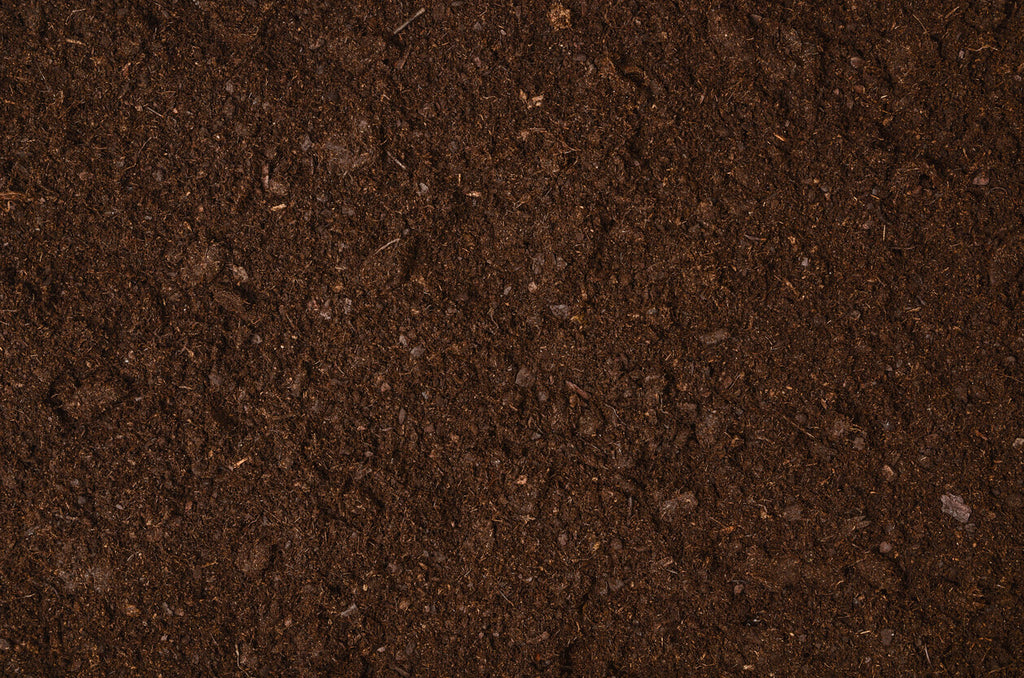Soil depletion, and why we need vitamins more than ever
9th May 2018 / Health
Soil depletion, and why we need vitamins more than ever
Emily Hedgman

The plants we eat support human health in many ways. They provide us with carbohydrates, proteins and fats for energy, and with vitamins and minerals to support the body's essential processes. These vitamins and minerals are both synthesised in the plant and drawn from the surrounding soil.
Unfortunately, the nature of modern farming practice is that the quality of vitamins and minerals in the soil have been gradually degraded over hundreds of years, meaning that less and less of these vital micro-nutrients are making their way into the food we eat. In fact, to get the same amount of vitamin A from an orange as our grandparents would have done, we would need to eat eight oranges today.
What is soil degradation?
Prior to the advent of farming plants grew wild and the edible parts or the whole plant were harvested as needed. Any nutrients drawn from the soil as the plant grew were gradually replaced through excrement or when organisms died, maintaining the quality of the soil. Modern intensive farming is different. Soil is used continuously to grow crops, to meet society’s ever-increasing food requirements. Produce is shipped thousands of kilometres around the world, with no way of the minerals contained making their way back.
Unfortunately, this leads to the soil becoming stripped of valuable nutrients, with each crop containing less of them than the one before. Modern agriculture is focused on producing crops maximised not for nutrition, but for size, fast growth rate and resistance to pests. These faster growing crops allow farmers to produce more output in a year, but do not enable plants to manufacture or uptake nutrients at a similarly faster rate.
A large-scale study on the nutrient value of foods conducted between 1930 and 1980 and published in the British Food Journal found that in 20 vegetables the average calcium content in this time had declined 19%, Iron 22%, and potassium 14%. Vitamins A and C, niacin, riboflavin, thiamine, magnesium, zinc and copper also showed a reduction in this time. On top of this, produce is increasingly being shipped thousands of miles and sitting in storage or on shelves for weeks, meaning evening greater degradation of the nutrient profile.
Bridging the gap
The unfortunate news is that taking steps to improve soil quality, like alternating fields between growing seasons, is largely inaccessible to the individual. What we can do, is ensure that our fruit and vegetable intake is high enough to accommodate the reduction in nutritional value. The NHS recommends that people eat a minimum of 5 servings of fruit and vegetables per day, but some studies show that this number needs to be much higher, as high as 10, in order to preserve good health and prevent health.
Where this isn’t possible, a high-quality food state multivitamin can help address insufficiencies of some of the most lacking vitamins and minerals. This doesn’t mean that vitamin supplements are an adequate substitute for a diet rich in plant sources. Fruits and vegetables contain things other than vitamins and minerals that are still essential to good health, including macronutrients like fats, carbohydrates and proteins, fibre, and beneficial phytochemicals.
We believe that by eating a diet predominantly comprised of whole-foods, high in vitamins and minerals, and taking a high-quality multivitamin, you are giving yourself the best chance of good health.
From The Blog
-

25th February 2025 / Health
Empowering Women’s Health: Key Supplements for Well-being
Women’s health is a lifelong journey, with each stage presenting unique nutritional and wellness needs. From maintaining energy levels to supporting hormonal balance and bone health, the right comb...
Read article -

17th February 2025 / Health
Empowering Women’s Health: Lifestyle Tips and a Key Supplement for Perimenopause and Menopause
NaomiWomen’s health evolves through various life stages, and the transition into perimenopause and menopause brings unique challenges. During these phases, hormonal fluctuations can lead to symptom...
Read article -

10th February 2025 / Health / Products
The Best Foods and Drinks to Help Your Body Recover from Burnout
Burnout is a growing issue in today’s fast-paced work culture, leaving many people feeling exhausted, overwhelmed, and depleted. While rest and self-care are essential, nutrition plays a crucial ro...
Read article



